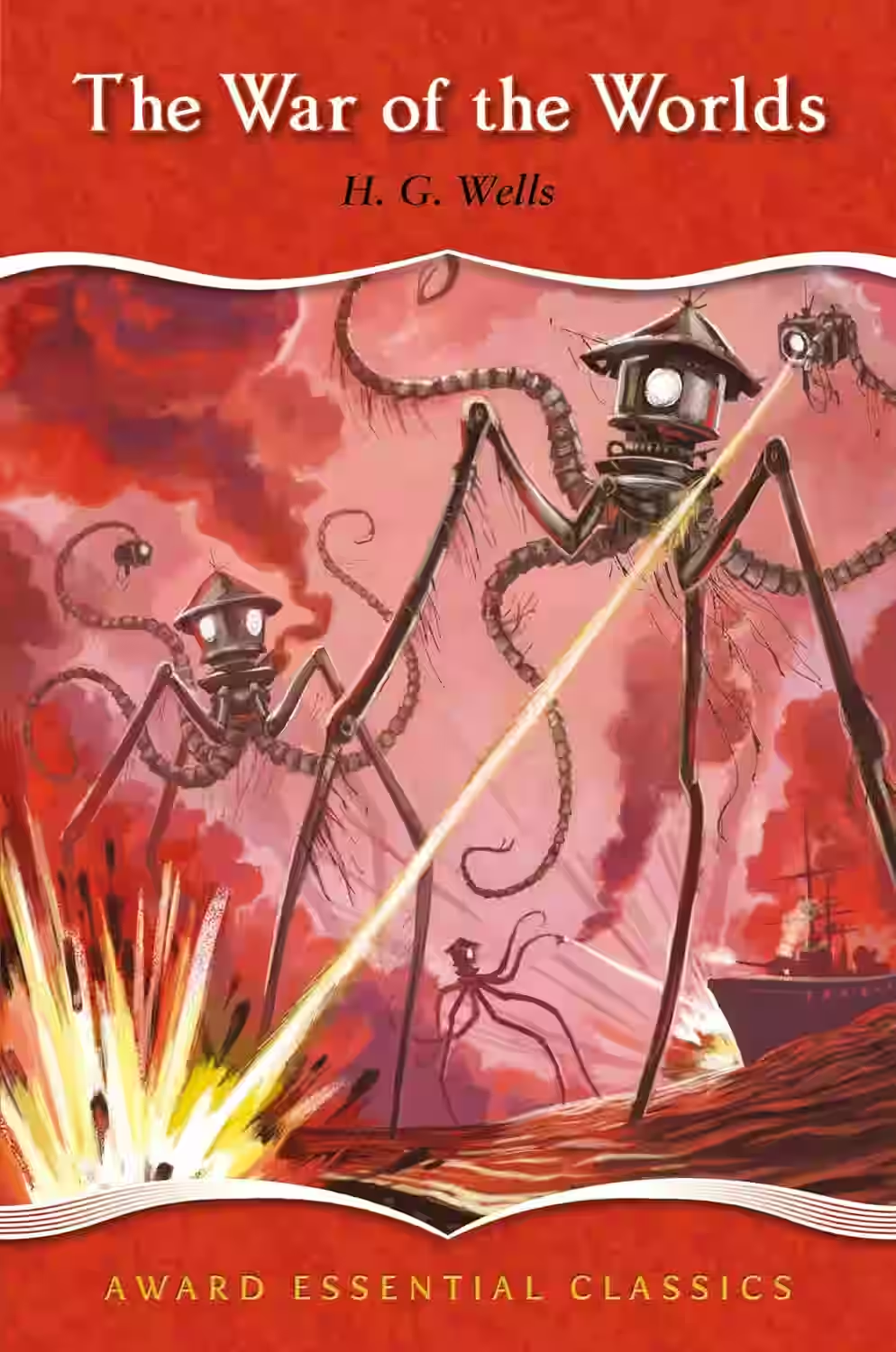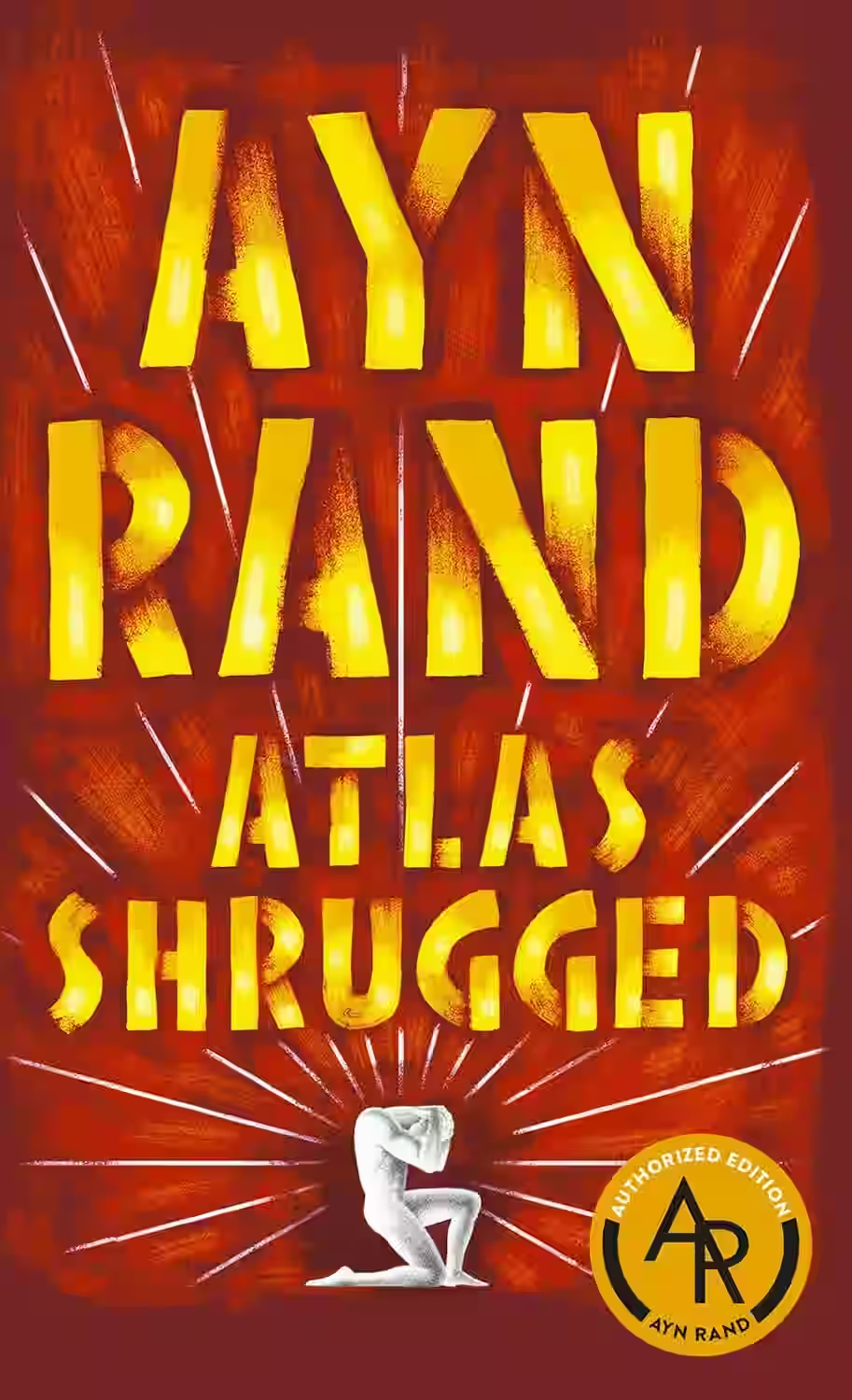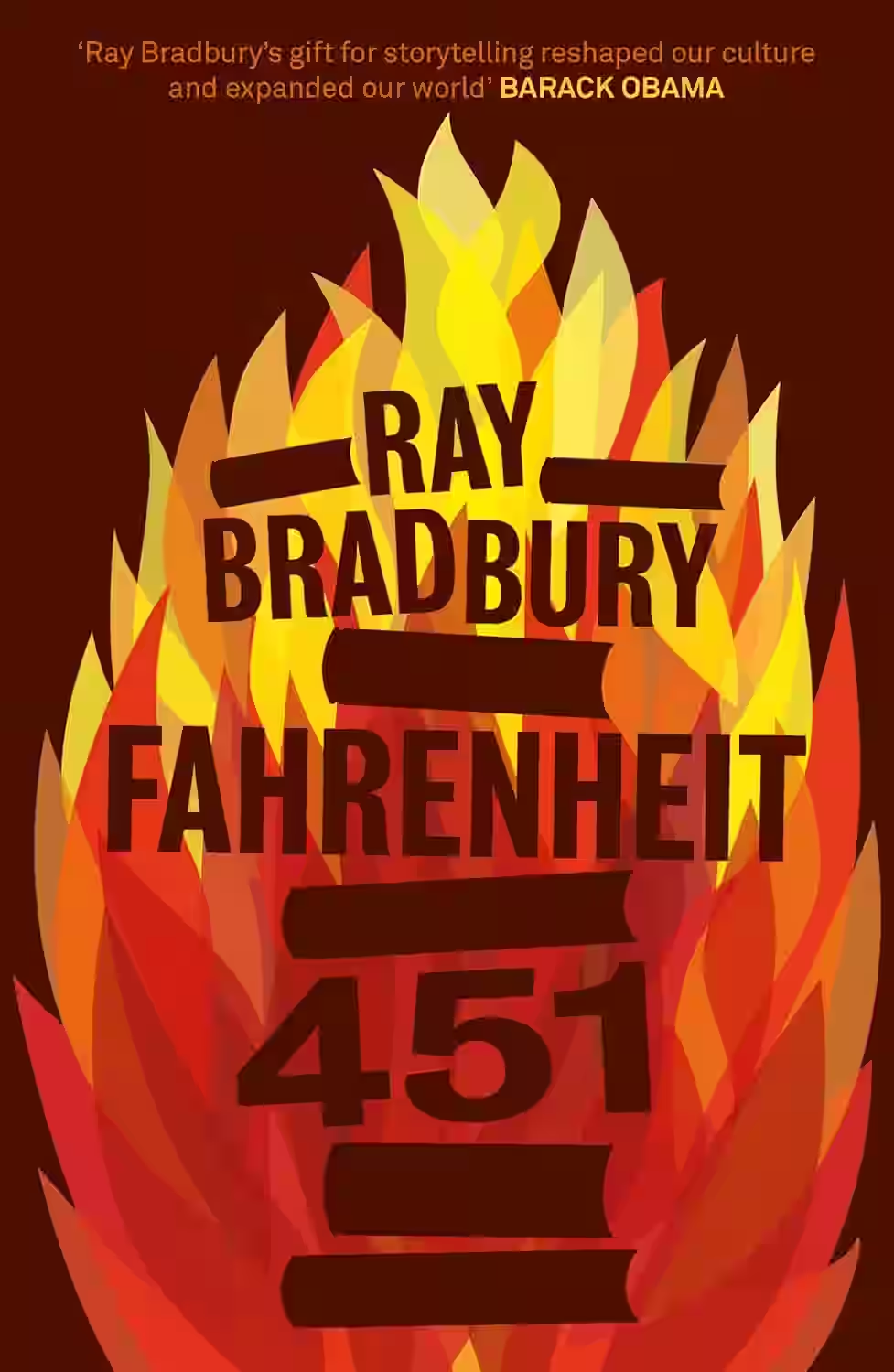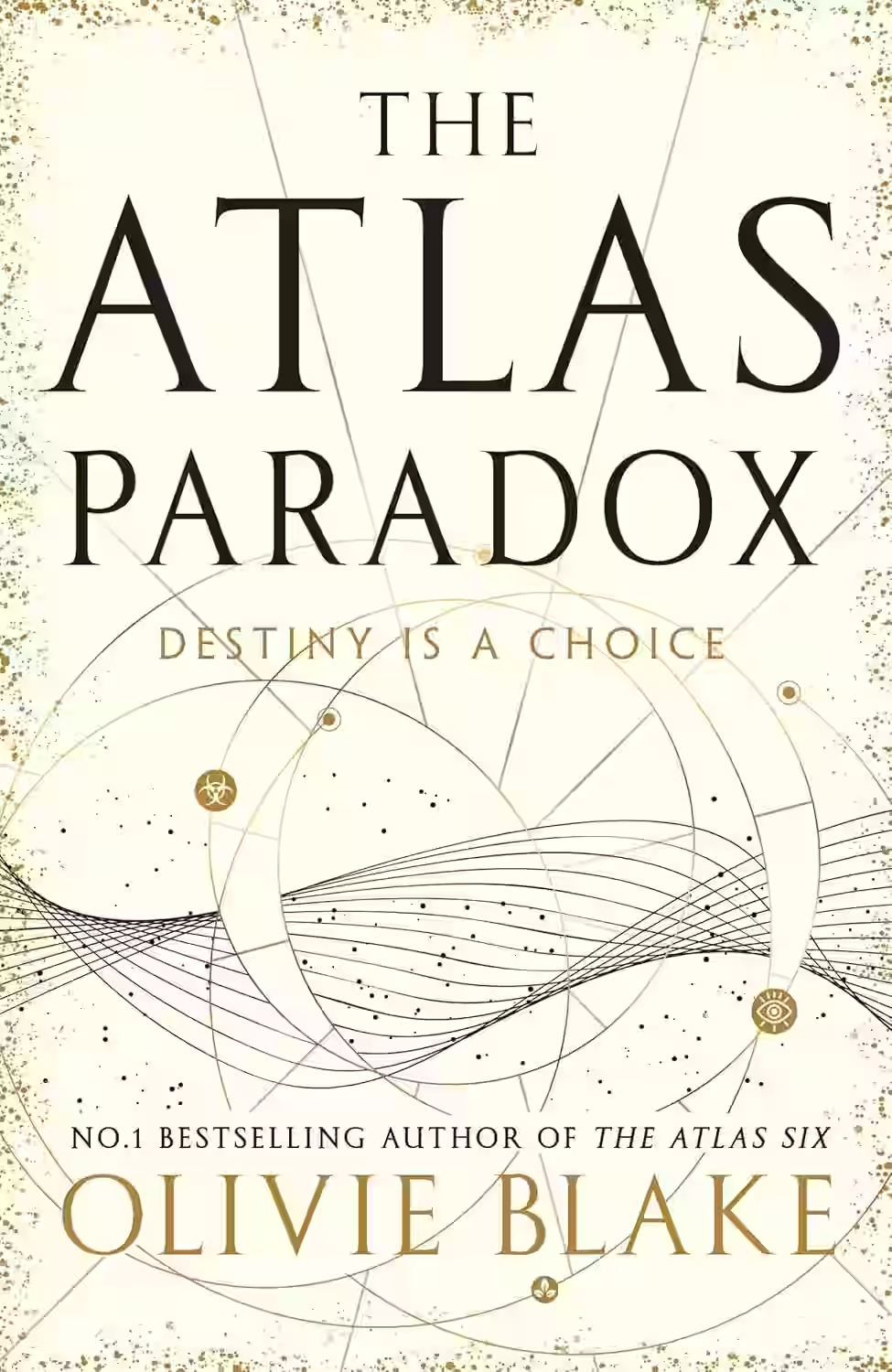
H.G. Wells' The War of the Worlds is a pioneering science fiction novel depicting a Martian invasion of Earth. Set in late 19th-century England, the story follows an unnamed narrator as he witnesses the arrival of Martians in massive cylinders, leading to widespread destruction with their advanced weaponry. As society collapses, the narrator struggles for survival amidst chaos. Wells explores themes of imperialism, human vulnerability, and the potential insignificance of mankind in the universe. The novel's suspenseful narrative and social commentary have cemented its status as a classic in speculative fiction.
About H.G. Wells
An English writer, often regarded as one of the "fathers of science fiction." His pioneering works, including The War of the Worlds, The Time Machine, and The Invisible Man, explored scientific advancements, societal implications, and ethical dilemmas, often with a critical eye. Wells's imaginative narratives and speculative foresight profoundly influenced the development of the science fiction genre and continue to resonate with themes relevant today.
Similar Books

Atlas Shrugged
by Ayn Rand
Ayn Rand’s sprawling philosophical novel envisions a dystopian America where the innovators and thinkers go on strike, withdrawing their talents from a society that exploits them. Through the story of Dagny Taggart and John Galt, Rand dramatizes her philosophy of Objectivism—championing reason, individualism, and capitalism. The book critiques collectivism and portrays the struggle of creative minds against government control and mediocrity. Both celebrated and controversial, Atlas Shrugged has been influential in political and economic thought, especially among libertarians. It challenges readers to consider the moral role of self-interest and the consequences of stifling human excellence.

Fahrenheit 451
by Ray Bradbury
Ray Bradbury's "Fahrenheit 451" is a profound dystopian novel that delves into the consequences of a society bereft of critical thinking and free expression. Set in a future where books are banned and 'firemen' burn any that are found, the narrative follows Guy Montag, a fireman who begins to question his role in suppressing knowledge. The novel explores themes of censorship, the dehumanizing effects of technology, and the power of literature to inspire change. Bradbury's incisive commentary on conformity and intellectual repression remains remarkably pertinent, making it a timeless critique of society's foibles and the resilience of the human spirit in the pursuit of truth.

A Christmas Carol
In Charles Dickens' "A Christmas Carol," bitter old miser Ebenezer Scrooge is visited by three ghosts on Christmas Eve who show him visions of his past, present, and future. These supernatural encounters force Scrooge to confront his selfish ways and witness how his actions affect others.

The Atlas Paradox
by Olivie Blake
Series: The Atlas (#2)
In 'The Atlas Paradox,' Olivie Blake continues to captivate readers with her blend of intrigue and intellectual challenge. As a sequel to 'The Atlas Six,' this novel dives deeper into the mysterious world of the Alexandrian Society, where six gifted magicians vie for their place among an elite group. Each character, with their unique abilities and motivations, navigates moral dilemmas and shifting alliances, revealing the corrupt underpinnings of their world. Blake deftly weaves a narrative that combines complex character development with philosophical questions about power, knowledge, and ethics. The book's stimulating dialogue and suspenseful plot maintain a gripping pace, enticing readers to ponder the true cost of ambition. 'The Atlas Paradox' is a thought-provoking exploration of the human psyche, making it a must-read for aficionados of dark academia and speculative fiction.